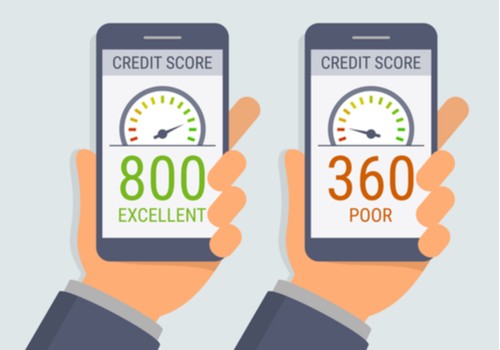
FICO recently announced upcoming changes to the FICO score – the three-digit number that assesses how much of a credit risk an individual is. The changes will take into account the debt levels of a person and will better track personal loans.
The old scoring model took a quick snapshot of someone's payment history. The new model will take a more in-depth look at their history of payments and is able to process more information as a result. It can assess payments for the past two years, which should give lenders greater insight into how well an individual is managing their debt and credit.
Good News for Some, Bad News for Others
A statement from FICO suggests that around 80 million people will see their credit score change by up to 20 points. Roughly half of those will see an increase, with the rest seeing a decrease in their score.
Individuals with a high amount of credit card debt relative to overall credit debt, or who have missed payments recently, could see a larger drop.
Those who make their payments on time and don't maintain high credit balances could see their score improve if only just a little.
With this broader view of payments, consumers who pay off their credit card on time each month won't be penalized as much for the occasional large purchase or high balance. However, those who consistently have a high balance will see their score drop a few points. Making timely monthly payments will always lead to an increase in credit score.
FICO estimates some 110 million other consumers may see a minor shift in their credit score. The fundamentals of credit scores haven't changed; make timely payments, don't take on too much debt, and you'll always have a good score.
Why the Sudden Change on the Scoring Model?
The new model is aimed at personal loans and may penalize people who rely on them. There are several new loan providers in the marketplace now, so it's not surprising that there has been an increase in personal loan debt. There's a lot of options, so people are better able to find a competitive rate for their loan.
The Federal Reserve Bank of New York warns that Americans are becoming increasingly reliant on borrowing. Household debt increased a further $92 billion during the third quarter of 2019 to reach a total of $13.95 trillion.
According to FICO, the average FICO score increased to 706 in 2019, a vast improvement over the 686 from ten years ago.
These changes are scheduled to come into place over the summer. For now, consumers are recommended to maintain a good credit score and continue practicing good credit habits.





Leave a Reply
Thank you for your response.
Please verify that you are not a robot.